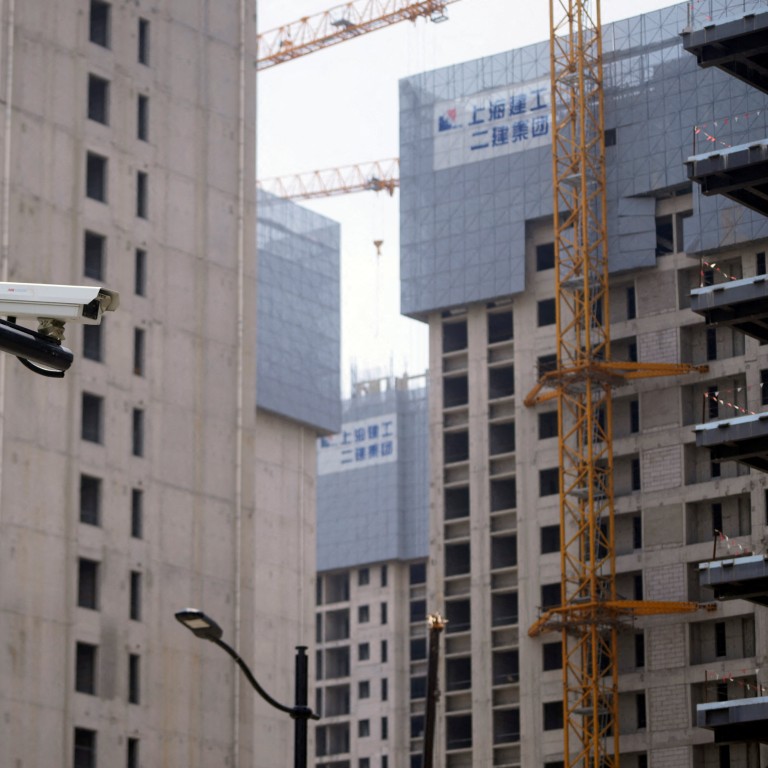
Shanghai’s housing market rebounds as banks quicken loan approvals amid lower mortgage rates, spurring demand
- As house prices shoot up, the city government can fast-track approvals for home construction and rake in higher proceeds from land auctions
- Local banks have quickened the pace of loan approvals to less than 10 days, in an apparent effort to bolster home transactions
According to market data provider RVMS, 19,725 pre-owned homes in Shanghai changed hands in July, up 27 per cent from the previous month.
The number stayed flat in August, at 19,500.
Average house prices inched up 0.5 per cent to 65,535 yuan (US$9,451) per square metre in July, before gaining another 0.7 per cent to 65,997 yuan in August.
In March, before it went into lockdown, Shanghai reported 13,000 second-home transactions at an average price of 64,711 yuan.
Last year, to curb demand and cool the overheated local property market, commercial lenders slowed the process, spending as long as 50 days to approve mortgages, according to the Beike Research Institute, which surveyed the average waiting time across 72 major Chinese cities in mid-2021.
In late August, China’s central bank cut the five-year loan prime rate (LPR) by 15 basis points to 4.3 per cent, reducing borrowing costs for homebuyers.
In Shanghai, the five-year mortgage rate for first-time homebuyers stands at 4.65 per cent, while buyers of second homes are charged an annualised interest rate of 5.36 per cent. Both rates have been reduced by 15 basis points.
The city bars families from owning a third flat.
Shanghai’s economy shrank by 13.7 per cent in the second quarter from a year earlier as business activity came to a standstill in April and May.
Strong demand for new homes should also enable the municipality’s land auctions to boost fiscal revenue.
However, a government researcher who asked not to be identified said the city’s officials would take a cautious stance on the property market.
Existing measures to take the heat out of the real estate sector, such as restrictions on home ownership, will not be scrapped to avert a potential boom-to-bust cycle, he said.
An index compiled by Beike to track second-hand home transactions in 50 major mainland cities dropped 3 points from a month earlier to 37 in August, indicating that the nation’s overall home market remains weak.


